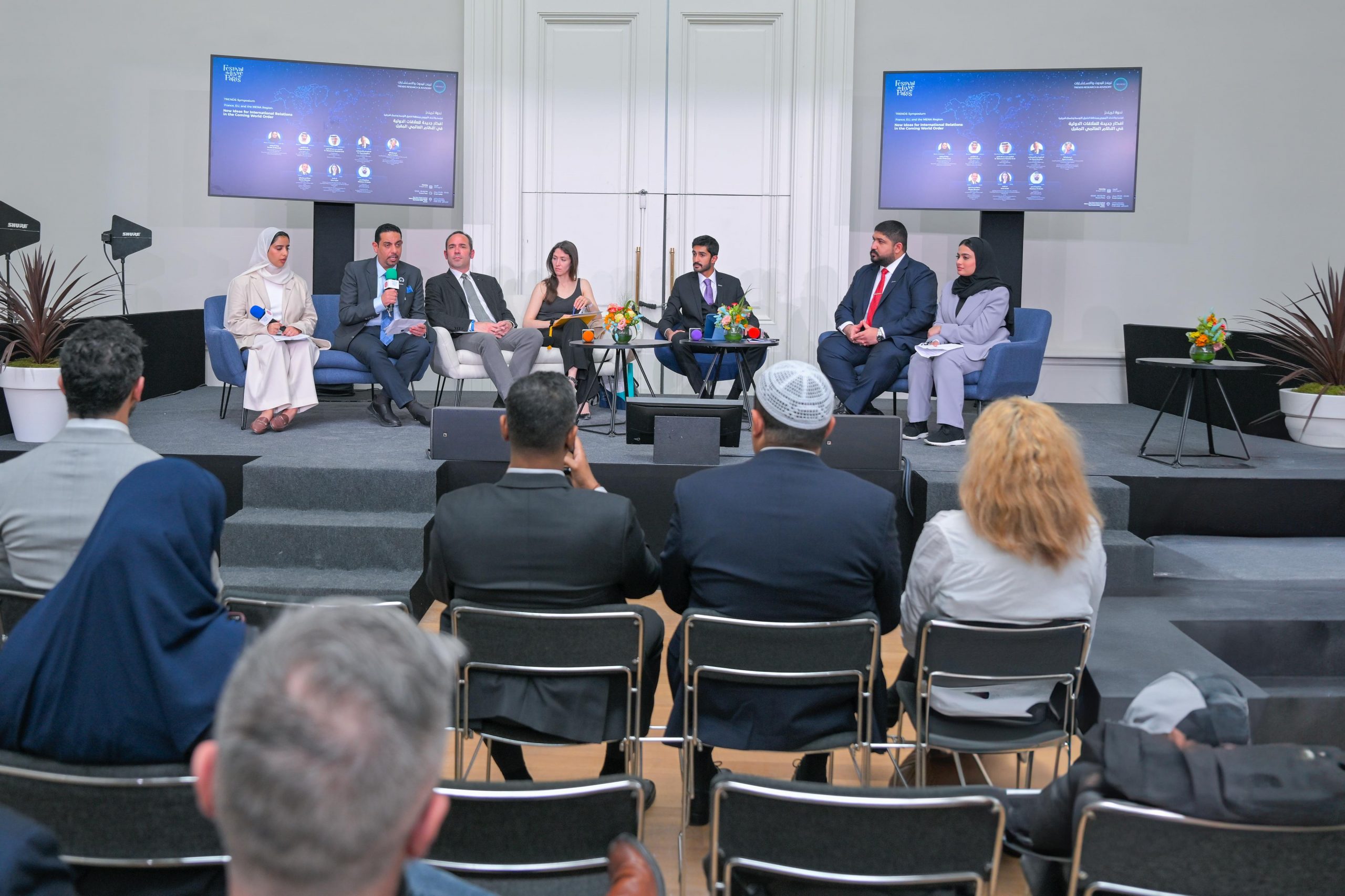-Experts and Researchers:
- The two regions require collective action to combat extremism and terrorism
- Global competition and conflict are on the rise amid protectionist policies and tariffs
- The world is witnessing an intense race in technology and artificial intelligence
- Strategic sovereignty could serve as a source of inspiration for strengthening EU-MENA cooperation
- Geopolitical instability and escalation in the MENA hinder progress
Experts and specialists affirmed that European Union countries and those in the MENA region face shared challenges and unconventional threats, necessitating multilateral models rooted in regional cooperation and trust. They emphasized the importance of constructive dialogue and strategic partnerships to advance peace and achieve global and regional security and prosperity, particularly in the face of a rapidly evolving political and strategic landscape.
They noted the need for collective action among countries in both regions to confront extremism and terrorism, strengthen economic collaboration, devise innovative and effective solutions to ongoing and potential conflicts, and establish strategic research and development partnerships. Such initiatives, they said, would boost sustainable development and help bridge the technology gap.
These insights emerged during the symposium “France, EU, and the MENA Region: New Ideas for International Relations in the Coming World Order,” organized by TRENDS Research & Advisory at the Salon d’Honneur in the Grand Palais, Paris, on the sidelines of TRENDS’ second participation in the Paris Book Fair. The event was emceed by Rawdha Al-Marzooqi, Researcher and Director of Distribution and Exhibitions at TRENDS, and moderated by Zayed Al-Dhaheri, Researcher and Exhibitions Specialist at TRENDS.
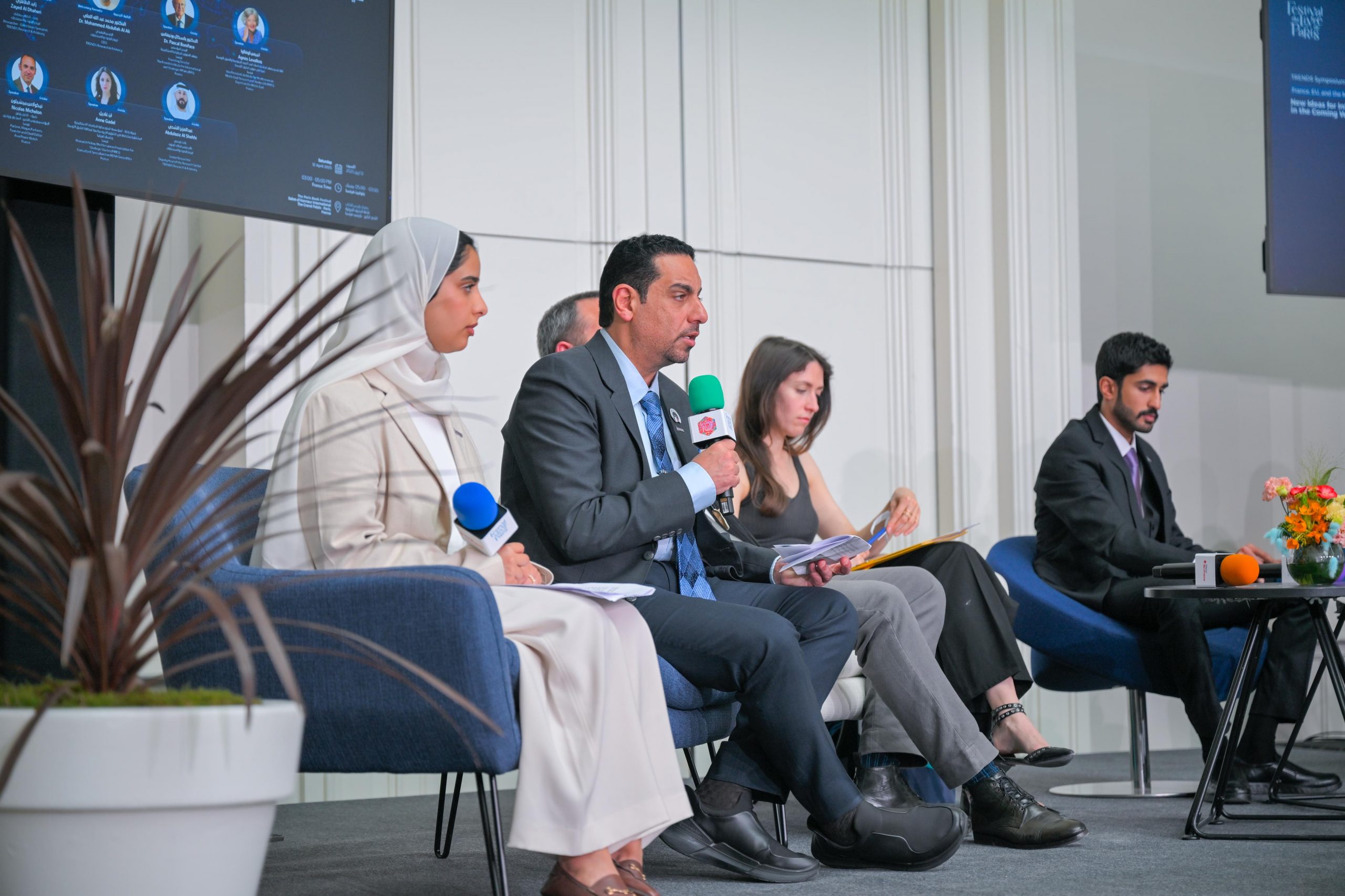
Shared Challenges
In his welcome address, Dr. Mohammed Abdullah Al-Ali, CEO of TRENDS Research & Advisory, noted that the intertwined, complex, and serious challenges facing both Europe and the Middle East have never been as pronounced as they are today. He pointed to the resurgence of direct military conflicts that threaten the foundations of security and stability in both regions, alongside the escalation of nontraditional threats such as irregular migration and international terrorism.
Dr. Al-Ali emphasized that these challenges arise within an unfavorable global environment marked by competition and conflict, where major powers prioritize their own interests. He noted that protectionist policies and tariffs are fueling a trade war with still-unknown ramifications for development strategies and international economic relations, all against the backdrop of an intensifying global race in technology and artificial intelligence.
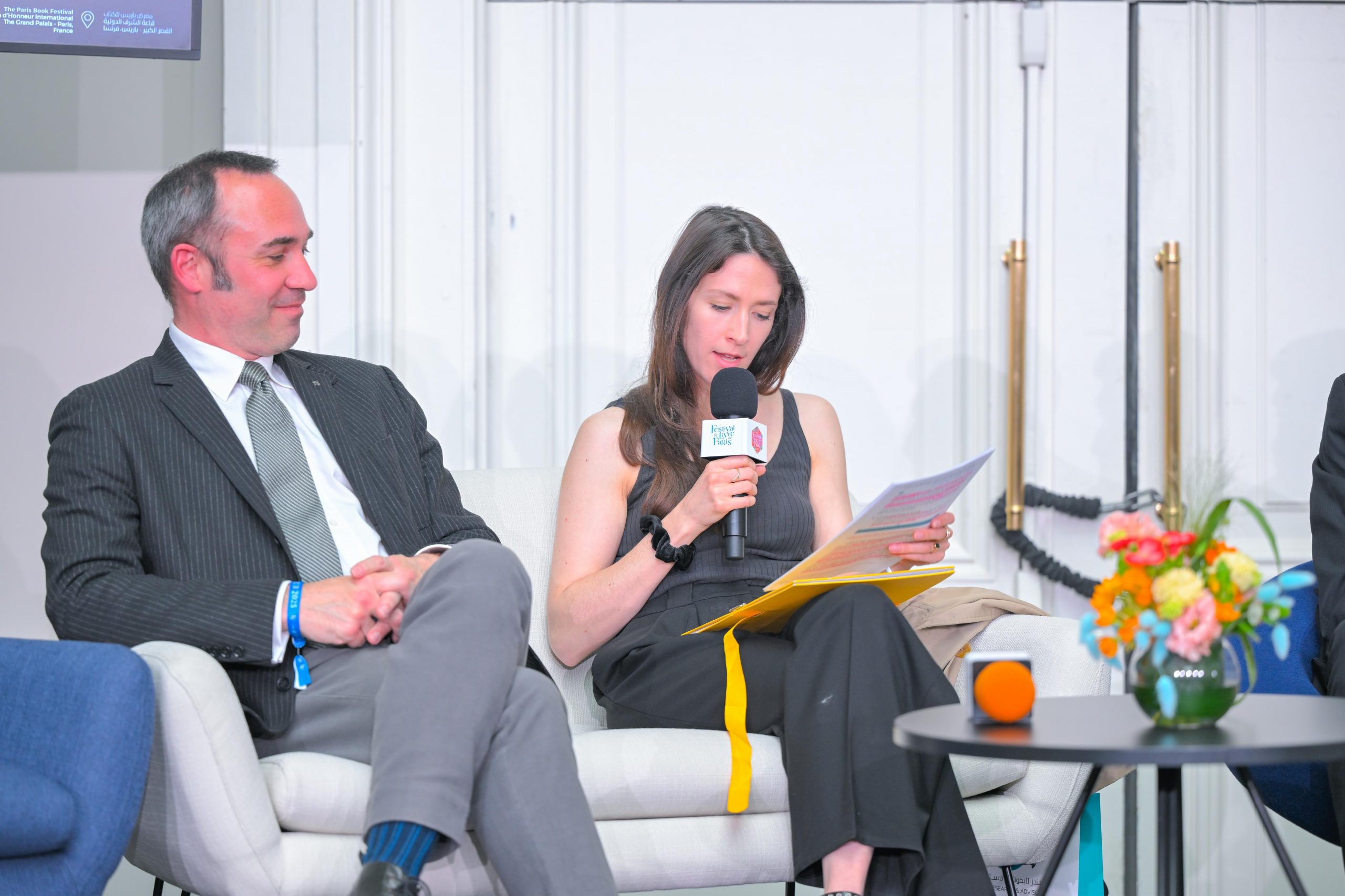
Beyond Traditional Frameworks
Dr. Al-Ali underscored the need to rethink the relationship between Europe and MENA, moving beyond traditional political and security frameworks to safeguard mutual interests in security, prosperity, and peace, especially in an uncertain future.
He stressed that the future of EU–MENA relations will depend on redefining them as a strategic, multidimensional alliance. Such a shift, he added, would bolster stability and recast the relationship between the two regions as one of equal partnership in a new global order.
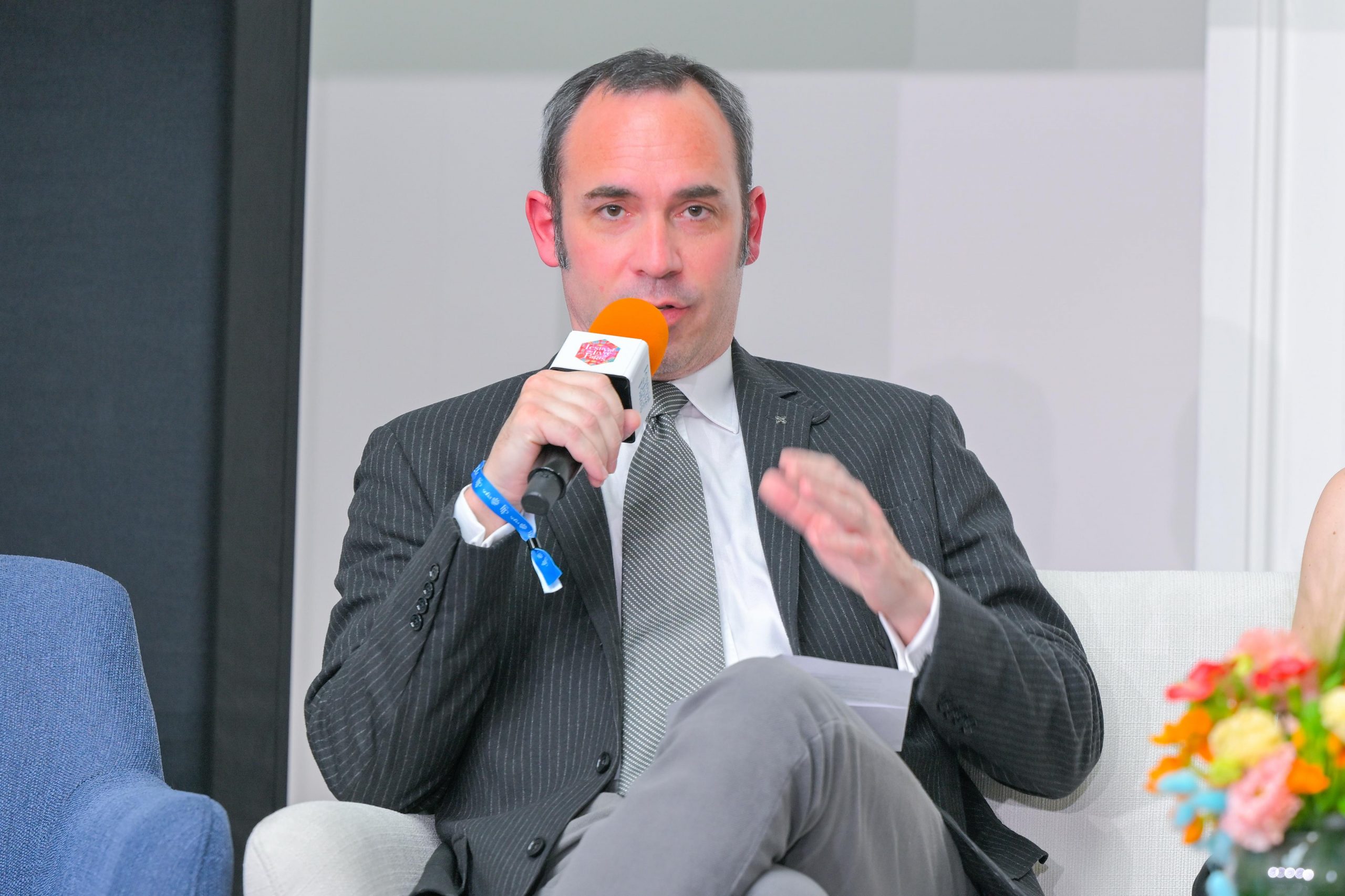
Diversifying Strategic Partnerships
Nicolas Michelon, Founder and Chief Editor of Asia Power Watch, emphasized that in the AI era, both Europe and the MENA region have numerous opportunities and priorities to explore. Citing the tariffs imposed by U.S. President Donald Trump, intended to target China but ultimately affecting the entire world, Michelon argued that tariffs lack an economic rationale but serve as a wake-up call, particularly for EU member states, to recognize alternatives beyond the United States. He noted that Europe should follow the Gulf states’ lead in diversifying its strategic partnerships.
Michelon highlighted several positive indicators already heading in the right direction, including the lifting of tariffs on Chinese electric vehicles in the EU, the activation of a new EU–UAE free trade agreement, and France’s deepening engagement with Saudi Arabia and Egypt in areas such as defense industries, infrastructure, hydrogen energy, deep-tech, and AI. He also pointed to France’s recognition of Morocco’s sovereignty over the Moroccan Sahara as another significant development.
Still, he cautioned that more needs to be done, and quickly. He called for lowering trade barriers between Europe and the MENA region and urged the EU to restore its appeal as an investment destination by creating a conducive regulatory environment, maintaining sound fiscal policies, and ensuring clear political direction.
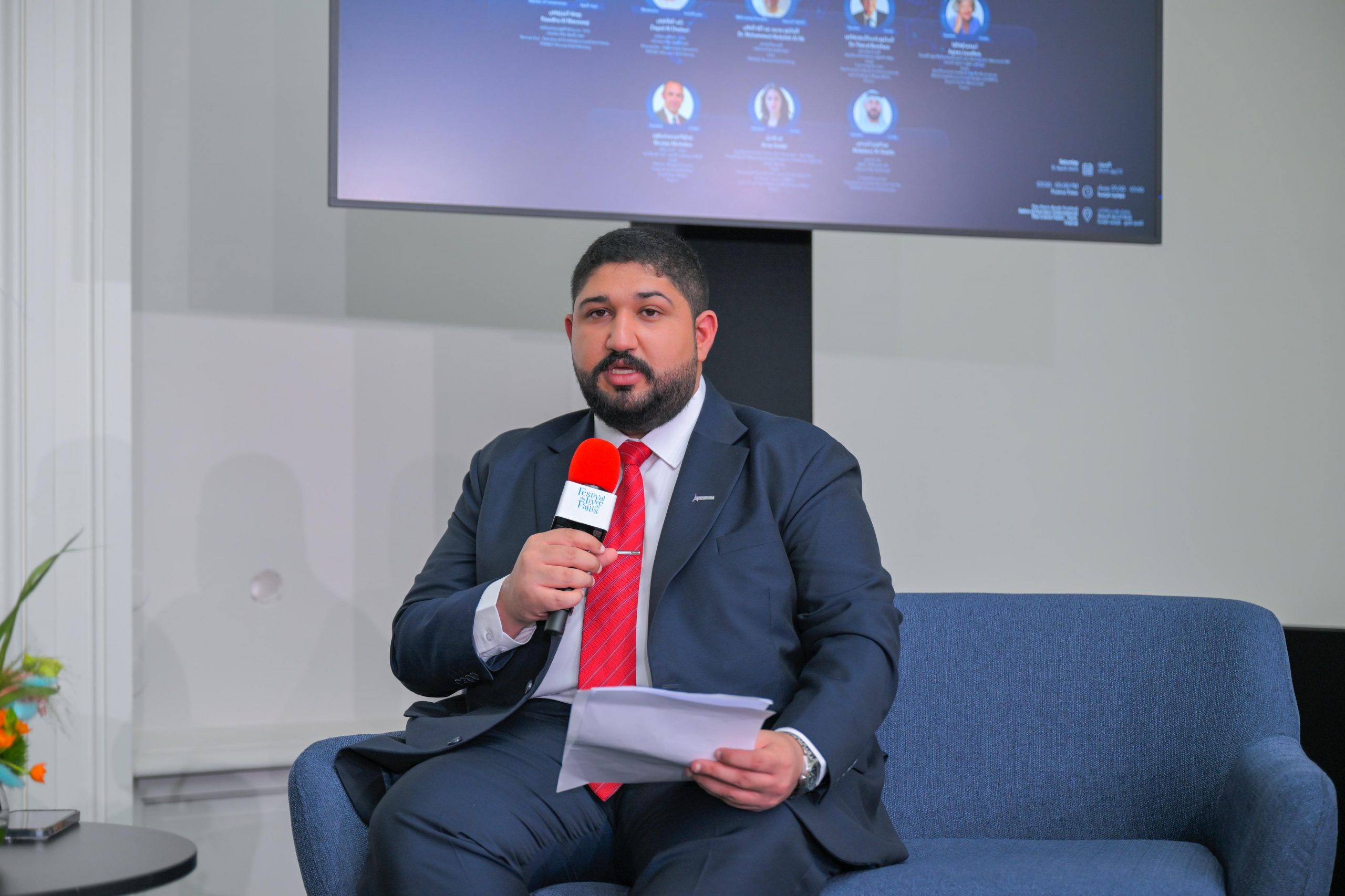
Internal European Factors
Anne Gadel, Research Fellow at the Mediterranean Foundation for Strategic Studies (FMES) and Consultant Specialized on MENA Geopolitics, discussed the internal European factors and France’s role in shaping EU foreign policy in the MENA region. She noted that divisions within the EU and the dominance of domestic politics in member states hinder the establishment of a long-term strategic vision for the EU in the region.
Gadel added that the EU has advanced and deepened its integration in response to various shocks. She argued that the current challenges facing the Union could pave the way for a renewed, more confident partnership with its southern neighbors. She also pointed out that the concept of “strategic sovereignty” is a distinctly French hallmark, one that could serve as inspiration for enhancing cooperation with the MENA region.

Strategic Implications
Abdulaziz Al-Shehhi, Senior Researcher and Deputy Head of the Research Sector at TRENDS, highlighted several key drivers and strategic implications shaping the future of EU-MENA relations. He emphasized that the two regions are not neighbors by choice, but rather partners by necessity, pointing out that the Mediterranean has historically been a crossroads for empires and ideas, and is now a nexus for shared challenges.
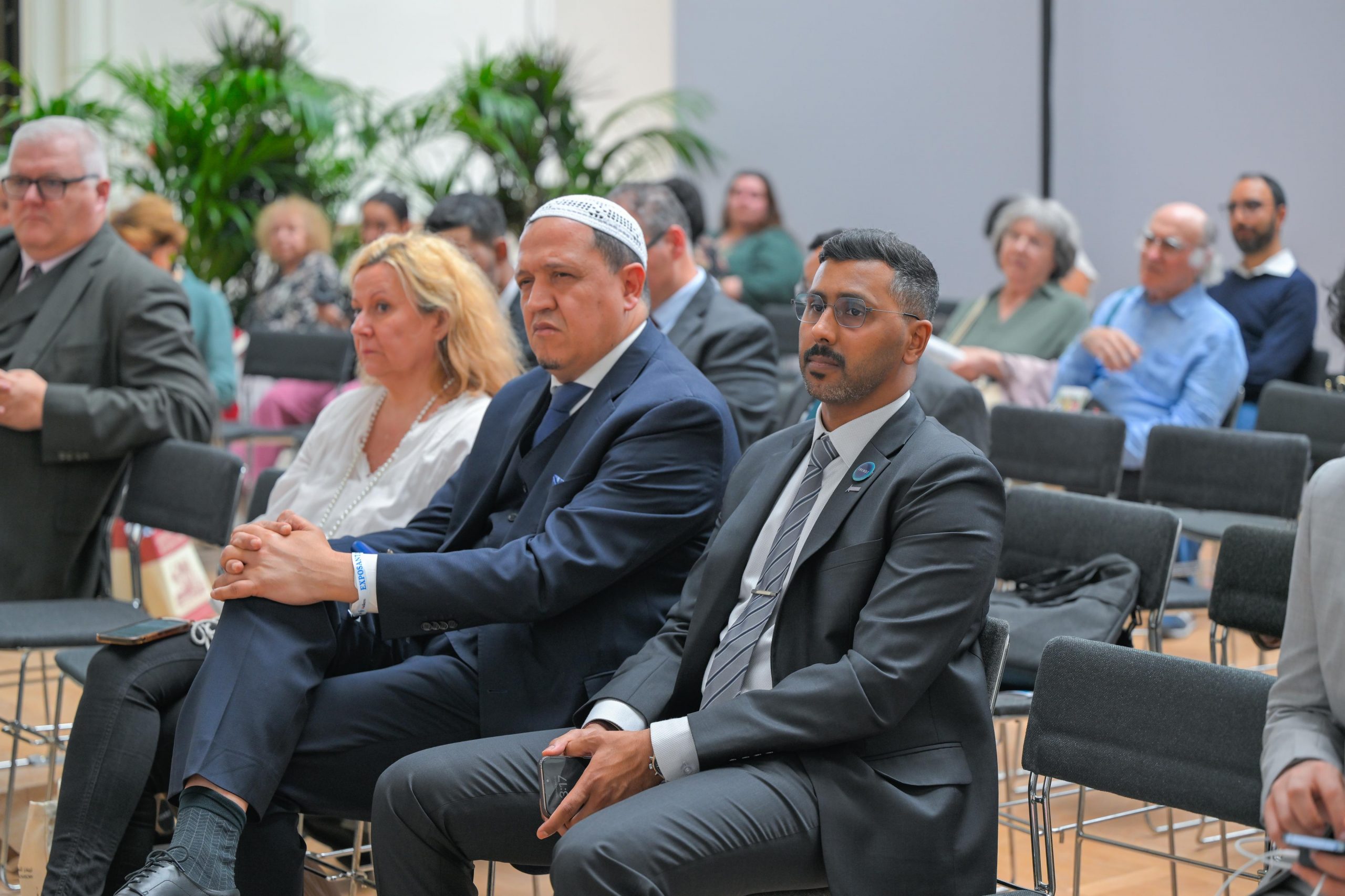
Al-Shehhi noted that EU–MENA relations extend beyond mere diplomacy to encompass shared prosperity in an era marked by climate change, geopolitical challenges, and technological transformation. He warned that geopolitical instability and military escalation in the MENA region threaten to derail progress. When Houthi missiles disrupt shipping in the Red Sea, for instance, Europe’s factories and trade routes are directly affected. Al-Shehhi stressed that these challenges are not confined to one region; they have global ramifications and demand concerted efforts to resolve and mitigate their impact.
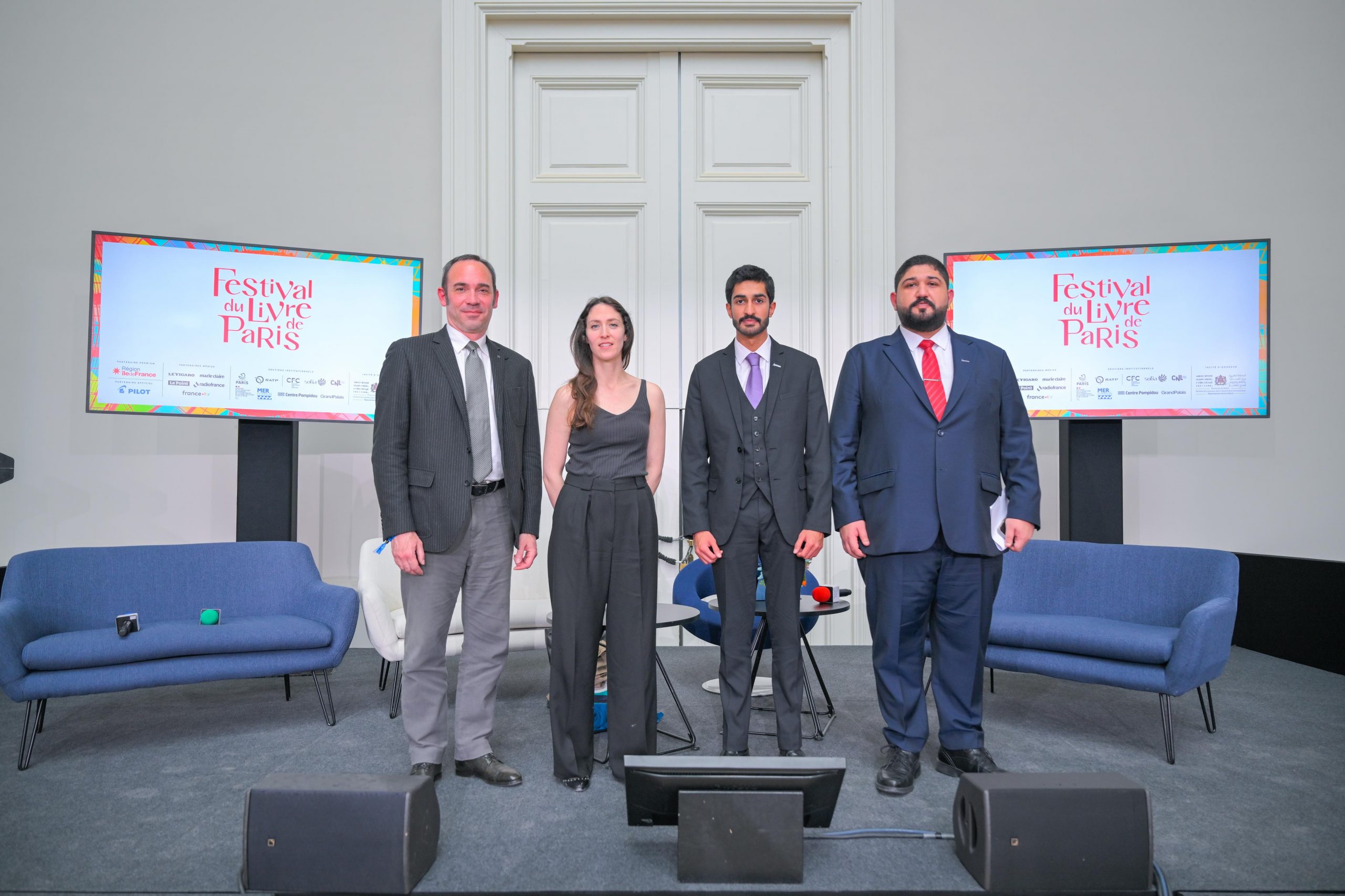
Counterterrorism
In a related context, TRENDS Research & Advisory is continuing its research tour in Paris, where it will host a conference titled “The Fight Against Terrorismin the Era of Artificial Intelligence.” The event, set to take place at the French Senate in the Palais du Luxembourg, will feature a distinguished panel of parliamentarians and international experts from France and across Europe. TRENDS is also continuing its active participation in the Paris Book Fair, where its pavilion is drawing a high volume of visitors, who have praised the center’s publications, research, and studies, especially those discussing and analyzing the ideologies and agendas of extremist and terrorist organizations.



